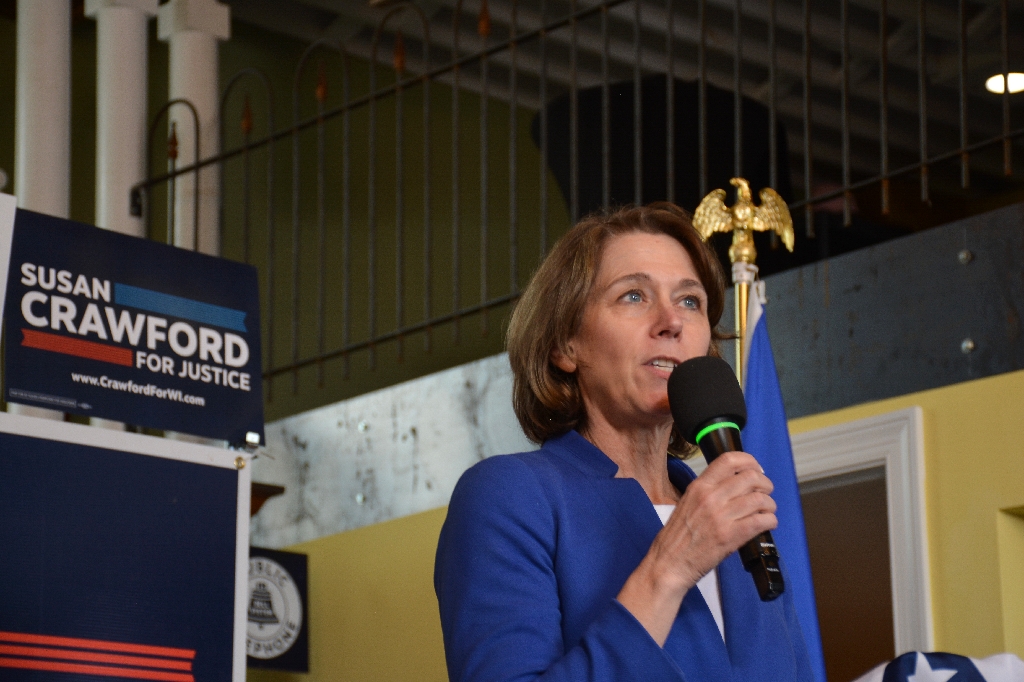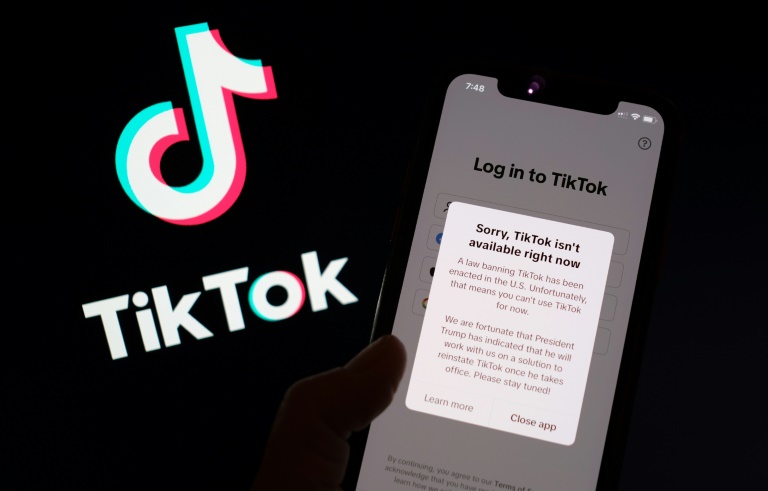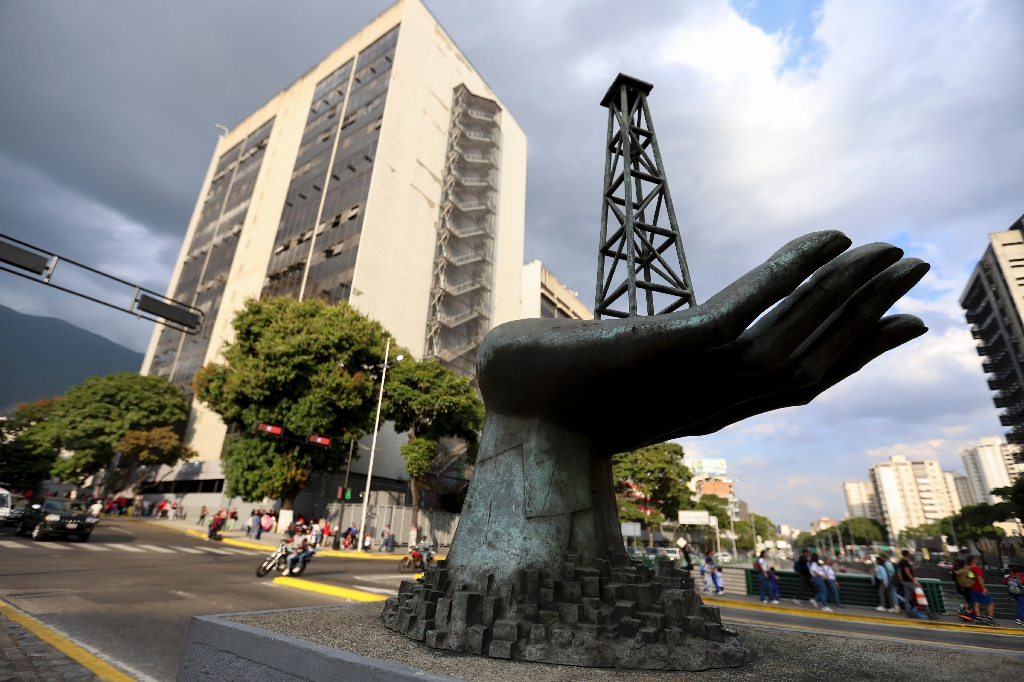(AFP) – Donald Trump’s election has raised fears he will double down on his notorious animosity toward the media, which he has repeatedly attacked with vitriol and lawsuits. Following his victory, Trump wasted no time in deriding two news channels that carry commentators critical of the president-elect, describing CNN and MSNBC as “the enemy camp.” That outburst had echoes of the “enemies of the people” label he applied to the press during his first White House term.
At a rally shortly before the election, he mocked journalists, saying that any would-be assassin would have to “shoot through” reporters to get to him, after two failed attempts on his life. His team insisted there had been a misunderstanding. During his campaign, he also threatened to revoke the broadcast licenses of ABC and CBS, two networks he claimed were biased in favor of his election rival, Vice President Kamala Harris. Such a maneuver would depend on complex procedures undertaken by the Federal Communications Commission.
In his first presidency between 2017 and 2021, critical journalists were denied access to the White House, including CNN’s Jim Acosta, who was only allowed back in after a legal battle. “We are concerned. We’ve been concerned since he began using inflammatory anti-media rhetoric during his first campaign back in 2015,” said Katherine Jacobsen of the Committee to Protect Journalists. In a 2020 report, CPJ condemned Trump’s use of libel lawsuits to intimidate journalists, as well as the White House’s attempts to uncover the identities of reporters’ sources in the wake of leaks.
Once Trump is sworn in, he “will appoint more judges who will try to restrict freedom of the press,” said University of Maryland broadcast journalism professor Mark Feldstein. Freedom of speech is protected by the US Constitution’s First Amendment, with a right to criticize enshrined in a landmark 1964 Supreme Court ruling. But Jacobsen said that by continually accusing journalists of disinformation, Trump had undermined public trust in the media, at a time when the news industry is struggling to stay afloat financially.
“Trump very much speaks to this kind of anti-establishment, anti-institution sentiment in the United States, and has wrapped the media into that in a very concerning way,” she said. Trump’s mischaracterization of the January 6, 2021 insurrection, in which his supporters stormed the US Capitol to prevent certification of the 2020 election, is a prime example of the Republican’s playbook. “There are two completely different narratives about what happened, one that journalists have documented and shown to be true, and then Trump’s version of events, which seems to stray from reality in a very concerning way,” Jacobsen said.
Trump’s boosters insist that the mainstream media are out of touch with everyday America. Despite the headwinds, two of the country’s most prominent newspapers, The New York Times and The Washington Post, have both published a string of scoops about the Trump administration. And it was The Wall Street Journal, owned by conservative media mogul Rupert Murdoch, that revealed hidden payments made to porn star Stormy Daniels, which led to the historic conviction of the former president last spring.
“I don’t know that we’re going to see the same kind of surge (of readers) that we saw with the first Trump term because I think people are just exhausted,” said Northeastern journalism professor Dan Kennedy. “There’s now so much Trump fatigue that news outlets can’t count on an economic boost,” agreed Feldstein. The campaign was marked by The Washington Post’s decision not to endorse either candidate, a choice that drew criticism and was interpreted as a sign of pressure from its owner, Amazon founder Jeff Bezos, in a bid not to alienate Trump. But Bezos defended the position as prudent at a time when “Americans don’t trust the news media.”
– Andréa BAMBINO
© 2024 AFP




